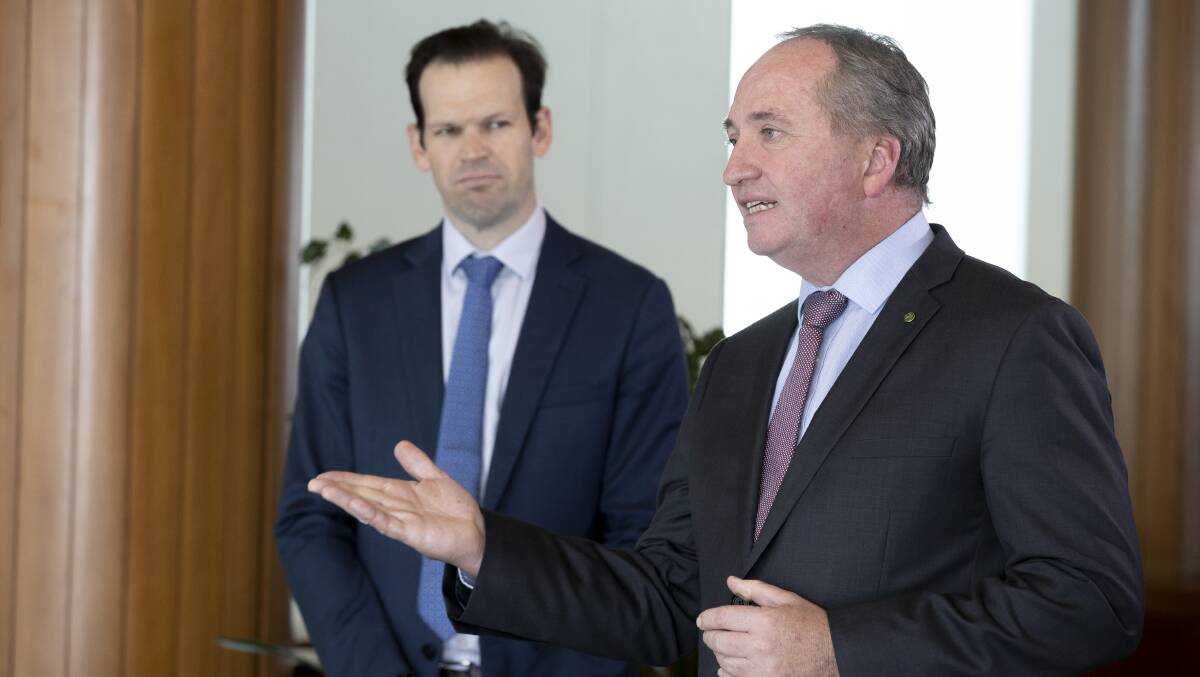
There were tears and regrets in the wind-up to the Glasgow international summit on climate change.
Subscribe now for unlimited access.
$0/
(min cost $0)
or signup to continue reading
The British president of COP26, Alok Sharma, was deeply apologetic by the late watering-down of commitments when representatives from China and India led a successful push to redraft the communique wording to a "phase down" of coal, rather than the original "phase out".
The language change had to be accepted, Mr Sharma said, or the summit ran the risk of no deal at all, and another two years of negotiation would have been wasted.
That subtle but important change means that for those nations hoping for an agreement to cap global warming at less than 1.5 degrees Celsius above pre-industrial levels, the task now becomes that much harder.
Within days of the Prime Minister returning home, after telling a near-empty hall in Glasgow that Australia was "ahead of the pack" on emissions reductions, his National party colleagues were declaring the summit's diminished outcome a "green light" for more coal mines.
Nationals senator Matt Canavan described the weakened communique as a "great result for Australia and our coal industry".
"There has never been stronger demand for our coal, and given the fact that the agreement did not say that coal needs to be phased out or taken down, it is a green light for us to build more coalmines, supply the world more coal because that's what brings people out of poverty," he said.
But the views of Senator Canavan and fellow National and Deputy Prime Minister Barnaby Joyce are driven as much by political self-interest as were the two of the world's biggest emitting nations which thinned the gruel in the wording.
Big picture thinking needs to be applied to global problems and digging up more coal here to ship overseas to fuel industrial processes over there does nothing to bring about change. It simply perpetuates the problem.
Digging up more coal here to ship overseas to fuel industrial processes over there does nothing to bring about change. It simply perpetuates the problem.
The India and China stances are likely knee-jerk reactions to major domestic problems.
China is in the grip of a major energy crisis as it heads into a long, cold La Nina winter. Its domestic coal supplies are falling well short of that required to feed its voracious industrial appetite. Such is the extent of the problem that it is understood the Australian coal previously locked in bonded Chinese warehouses as a form of trade punishment is now being released for its furnaces.
Similarly, India relies on coal for 70 per cent of its energy needs.
Without imported coal - and preferably Australia's highest quality product - it faces a huge domestic backlash.
The Nationals appear to have a mindset stuck in the 1950s, in which our rich and sought-after resources are treated like an inexhaustible candy store to keep the tills ringing. Those days are long gone.
Our international obligations - especially to our poorer Pacific neighbours pleading for help as the rising waves wash over them - extend far beyond simply accepting the cash and turning a blind eye to the knock-on effects.
If, as it should be, our goal as a nation is to influence others and play our role in reducing climate change, then we need to use the tools we have available to us.
Capping coal exports is one of those tools. The tub-thumping of parish pump politics should be seen as just more white noise in shaping a better global outcome.

